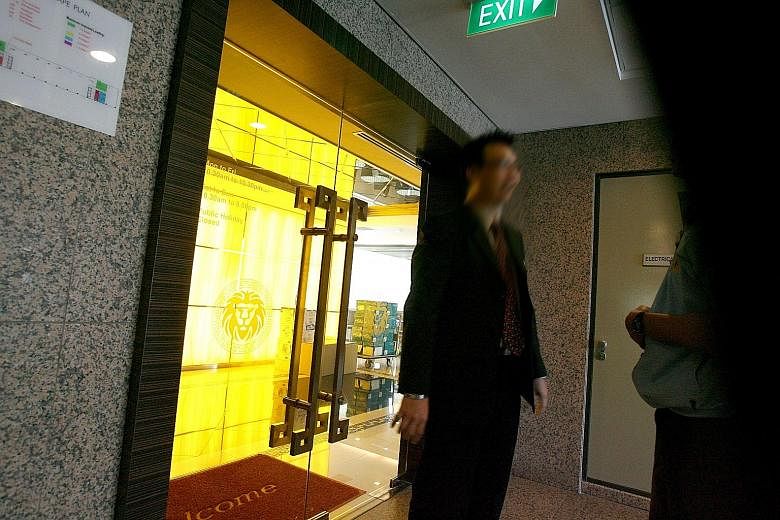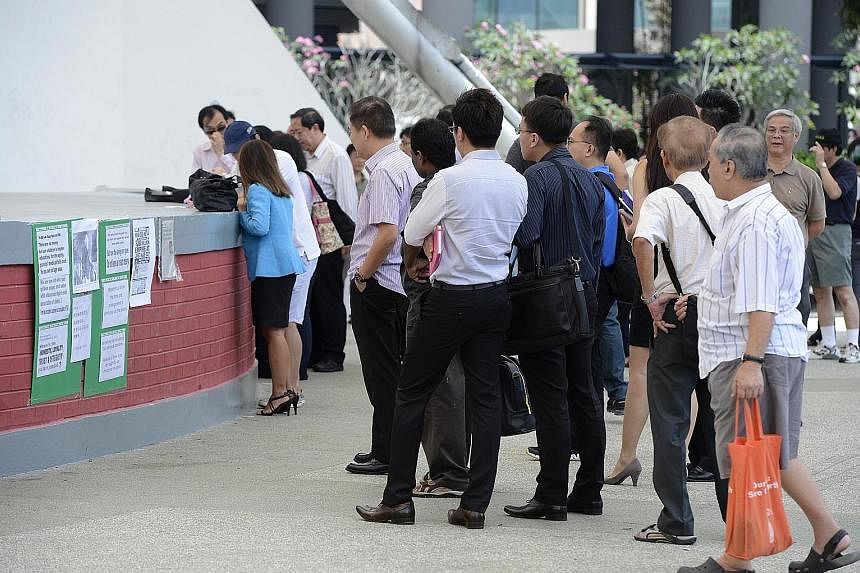ALL THAT GLITTERS IS NOT GOLD Last year, disgruntled customers lodged reports against investment firms Valiant Capital and Suisse International. Both companies offered gold buy-back schemes but failed to pay investors the money promised.
In 2013, The Gold Guarantee founder Lee Song Teck went on the run and, a year earlier, more than 10,000 investors lost their money to Genneva Gold.
PROFITABLE PLOTS The firm's land-banking scheme offered an opportunity to invest in properties in Britain.
Clients were lured with promises of 12.5 per cent returns within six months. Instead, they lost $3.1 million after part of the returns was used to pay Profitable Plots' existing debts.
The firm's directors, Britons Timothy Goldring and John Nordmann, were jailed for 15 years for cheating investors after a 64-day trial that started in April 2013.
SUNSHINE EMPIRE Multi-level marketing firm Sunshine Empire sold "lifestyle packages", which included health supplements, electronics goods and other products. Returns were paid out by recycling funds from new participants.
It was likened to a Ponzi scheme where the operator does not make real profits but pays returns using funds from new investors.
It sold almost 26,000 packages and amassed about $180 million from August 2006 to October 2007.
The business ceased in 2007, and founder James Phang Wah is serving a nine-year jail term for fraud.



